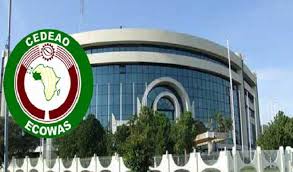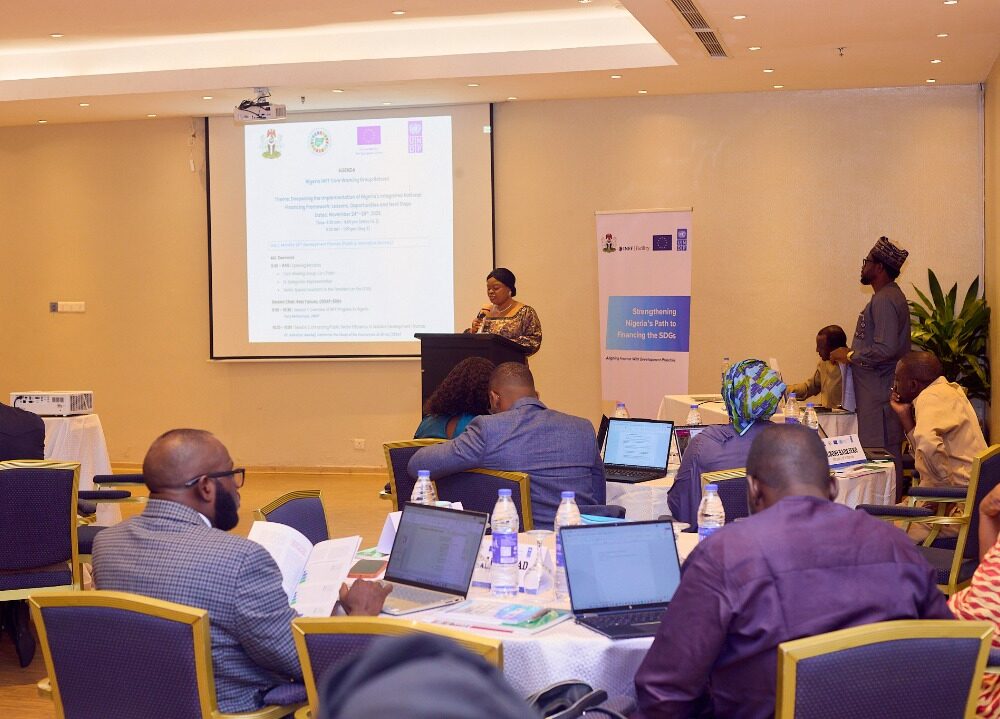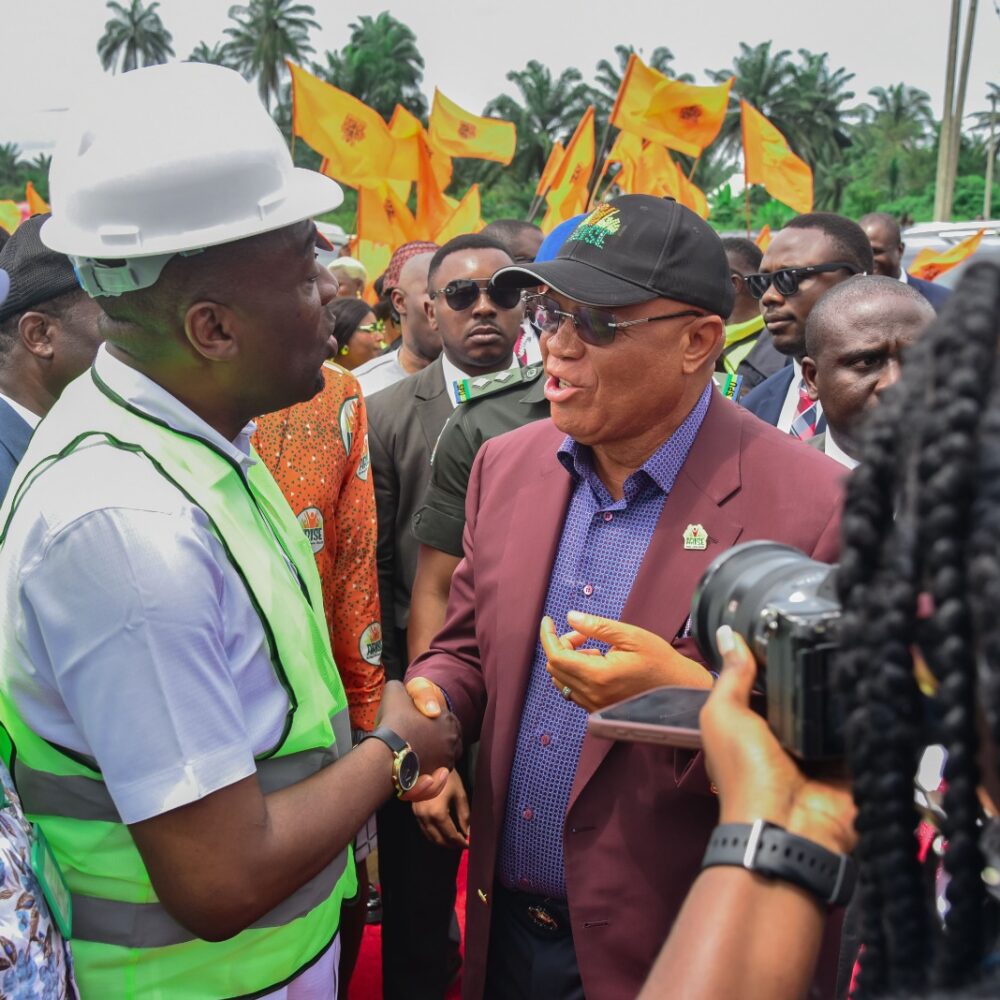Are war and peace mutually exclusive? This is one important question that has dominated the attention of scholars and students in the area of conflict resolution across time and space. The answer, however, varies with different schools of scholarship. For instance, one academic contends that both war and peace are mutually exclusive, as a nation cannot engage in war and peace at the same time to resolve a conflict with another country. Countering that postulation, another scholar argues that war and peace may be two distinctively different options in conflict resolution. However, preparing for war and preparing for peace are not mutually exclusive, stating that the two can go hand in hand in resolving conflicts.
The Economic Community of West African States seems to be lending credence to the latter thesis in their response to the July 26, 2023 coup in Niger Republic, a country of around 26 million people. Four days after the coup, ECOWAS Chairman, Nigeria’s President Bola Tinubu, summoned an extraordinary summit of Heads of State and Government on the crisis, and in their resolution, the leaders issued a 7-day ultimatum to the Nigerien junta to end the coup. Realising that the situation had not changed in that country even at the expiration of that ultimatum, the West African leaders, in an emergency summit on August 10, restated their demand for the reinstatement of the deposed President Mohamed Bazoum. However, this time they activated the standby force for possible intervention in Niger, saying all options are on the table including ‘use of force as a last resort’.
In dangling both war and peace options to the Niger military, the regional leaders were bent on restoring constitutional order in Niger and ensuring that a final end is put to the macabre dance of coupists around the Sahel region.
Although they are playing up the two cards in resolving the crisis, it would appear most of the ECOWAS leaders including its Chairman, President Tinubu, actually prefer that the Niger impasse is resolved through peaceful means as war is an ill wind that blows no good. As the popular saying goes: it’s only the beginning of a war that can be determined; no one can predict its end.
Amid the slamming of sanctions on those preventing the return to power of democratically elected President Bazoum and ECOWAS Defence Chiefs’ declaration on Thursday in Ghana that it was ready to deploy standby force in Niger if diplomacy fails, a peaceful resolution of the crisis remains attractive. This is not implying that the usurpers in Niger have not been recalcitrant. While the ECOWAS leaders were still considering the options open to them in the light of the crisis, General Tchiani had swiftly and defiantly moved to form his government, apparently to force the regional leaders into seeing it as a full-fledged regime and thus a fait accompli. During the week also, he dispatched the civilian Prime Minister he appointed, Ali Mahaman Lamine Zeine, to Chad for talks. The latest is the ill-advised plan to slam the deposed President Bazoum with treason charges.
However, there is no gainsaying the fact that war will come at a heavy cost. War in Niger will further deepen poverty in a country that presently has about 41 per cent of its population living in extreme poverty, destabilise the Sahel region and throw up a refugee situation that may not spare her neighbours particularly Nigeria.
It is important to note that the United States of America and France have military bases in Niger. In the event of war, these countries’ troops may plunge in, thus throwing external forces into the conflict with disastrous and unpredictable consequences.
Also, if caution and restraint are not applied, Niger could go the way of Mali whose leaders hired mercenaries from Russia’s Wagner Group to help fight an insurgency after they overthrew the democratic government three years ago and kicked out the French troops. Indeed, support for Russia has appeared to surge in Niger since after the coup with supporters of the junta waving the Russian flag at several rallies.
It is perhaps because war may bring unintended consequences that some have activated the peace option. In Nigeria, a group of prominent Islamic scholars christened Intervention Team had met President Tinubu seeking his approval for the team to mediate in the crisis. The President granted the approval. Last Saturday, the clerics visited Niamey, Niger’s capital, where they deliberated with the coupists, led by their leader, General Abdourahmane Tchiani, for about three hours. The junta warmly received the scholars at the Presidential Palace, rolling out a red carpet reception for them. Only two weeks or so ago, the same junta had given a team of negotiators led by former military Head of State, General Abdulsalami Abubakar (rtd), a cold shoulder, confining the delegation to Diori Hamani International Airport in Niamey.
During his meeting with the Islamic scholars led by Sheik Bala Lau, General Tchiani apologised for the way the military leaders reacted to the delegation led by General Abdulsalami, saying it was to register their anger to ECOWAS for issuing an ultimatum to them to quit power without hearing their side of the story. Tchiani traced the historical ties between Nigeria and Niger, stating that the two countries were not only neighbours, but brothers and sisters who should resolve issues amicably. He said the military leaders’ doors were open to explore diplomacy and peace in resolving the matter. Both the coup leaders and Intervention Team agreed to intensify the option of dialogue in resolving the political crisis in that country.
The way and manner the junta received the scholars’ intervention is instructive: General Abdourahmane holds the scholars in reverence and high esteem being a Muslim himself. He wore a still and sombre demeanour throughout the meeting, listening to them with rapt attention. It was apparent he was looking up to the Ulammas for a peaceful resolution of the crisis.
Commenting after the meeting with General Tchiani, a member of the intervention team and Chief Missioner of Ansarudeen Society of Nigeria, Sheik Ahmad Abdulrahman, had told journalists in Niamey that both parties had fruitful discussions, adding that, “We will now go back home and report to President Tinubu what we have discussed and press it on him that war is not an option in resolving the matter.”
Let me at this juncture point out that the decision taken thus far by the ECOWAS Heads of State on the Niger impasse was taken by the regional leaders as a bloc and not a unilateral decision of Nigeria or any of the 15 countries of the community for that matter. In approving the clerics’ mediation in the crisis, however, President Tinubu has demonstrated that he is welcoming of all efforts and measures that would make the intervention of the ECOWAS leaders easy and successful. This deserves commendation. By giving his consent to the clerics’ mediation, the President seems to be showing support for a peaceful resolution of the crisis instead of war. President Tinubu has shown he is a peaceful leader and not a warmonger.
The experiences and political inclinations of leaders cannot, it must be said, be discounted in the conduct of their country’s foreign policy. President Tinubu is an avowed and widely acknowledged democrat who put his life on the line along with other other pro-democratic forces in fighting for the dislodging of military dictatorship in Nigeria. His commitment to democratic development and sustainability in West Africa and throughout the continent is thus understandable and commendable. It is instructive that when he addressed leaders of the African Union at their last meeting in Kenya, President Tinubu stressed the importance of deepening democracy in Africa and ensuring that the culture of coups becomes a thing of the past. This, he argued, is the best way to ensure good governance which will guarantee that the kind of exploitative ‘scramble for Africa’ which had destructive consequences for the continent in the past never happens again.
It is also important to note that the strong opposition of ECOWAS leaders to the coup in Niger is also indirectly a clear signal to other military regimes in the region that there is ultimately no alternative to the institutionalization of democracy there. While there is no guarantee that a democratically elected government will be perfect and not make mistakes and this does not exclude President Bazoum’s government, the irreducible and inviolable principle must be that changes of government must always be through the ballot box in accordance with the tenets of democracy. The predominant experience all over Africa is that non-democratic changes of government through military coups have most often worsened rather than resolved the alleged ills that prompted the coups in the first place.
Given Niger’s close historical relations and close cultural affinity with Nigeria, President Tinubu naturally desires that the democratic culture must be continuously deepened in both countries in the best interest of their citizens. He believes that everything must be done to avoid war between both countries as this will have no positive implications for either of the too and this is the basis for his pro-dialogue posture. This is a mark of good, sensitive and responsive leadership. Ultimately, however, ensuring the sustenance of democracy in both countries is the best way of ensuring harmonious and mutually beneficial relationships between them. President Tinubu’s pro-peace stance is rooted in good reason, in the enlightened interest of the member-nations, particularly those nations contiguous to Niger Republic, and will certainly be further pursued in resolving the crisis.
Former Editor of Thisday on Sunday Newspaper, Rahman is a Presidential Aide.





